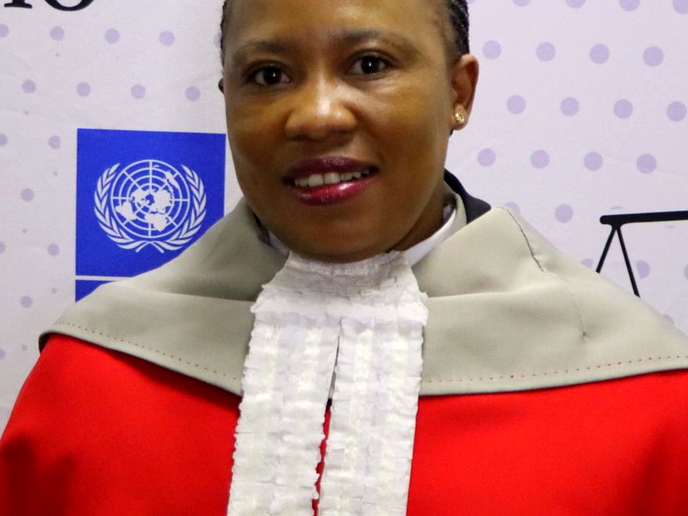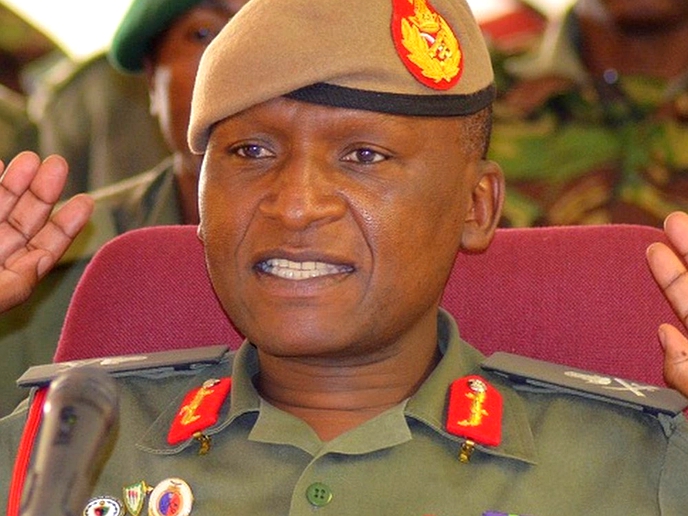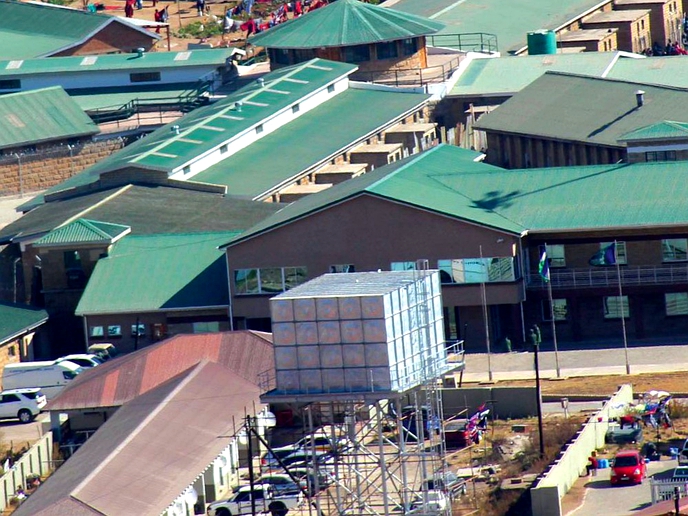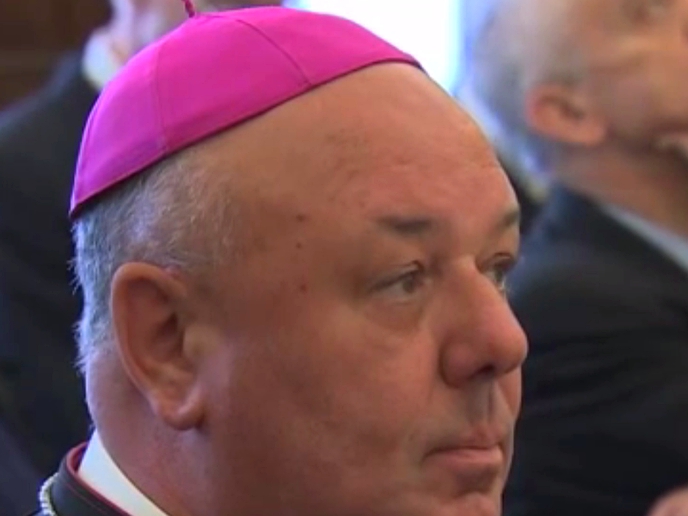THE government has no plans to hire new staff, with the exception of critical positions, the Minister of Finance and Development Planning, Dr. Retšelisitsoe Matlanyane has said.
news
Feb. 23, 2024
RELEBOHILE TSOAMOTSE
3 min read
Govt freezes hiring
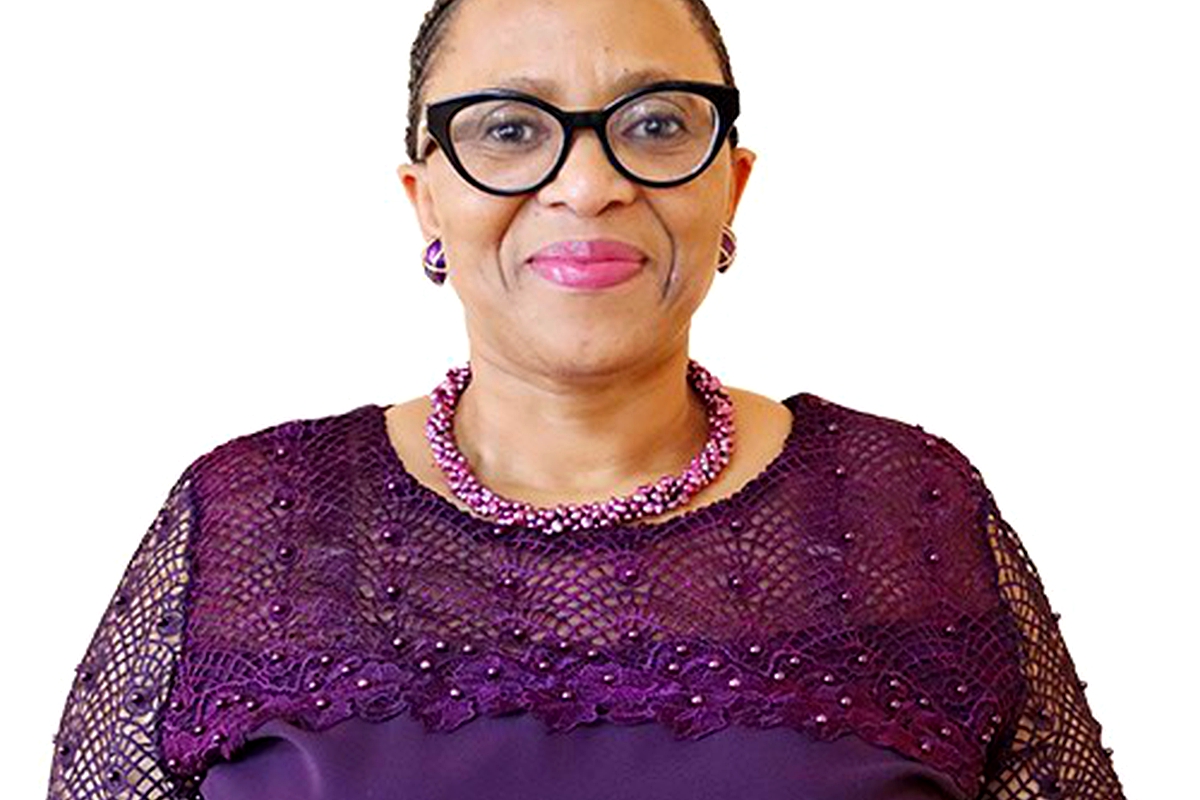
Minister of Finance and Development Planning, Dr. Retšelisitsoe Matlanyane
Story highlights
Announcing the freeze on hiring, while delivering the budget speech this week, Matlanyane revealed plans to identify and eliminate redundant positions as part of the Samuel Matekane-led government's effort to address the bloated wage bill and reduce costs.
Lesotho’s current wage bill accounts for 18.5 percent of the Gross Domestic Product (GDP), and the government aims to decrease it to at least 14 percent.
To achieve this target, the minister said the government will undergo a restructuring of ministries, departments, and agencies to eliminate redundant positions.
These revelations were made during her budget speech in Parliament, where she presented the 21.6 billion budget for the 2024–25 financial year, with 17.2 billion allocated to the capital budget and 4.5 billion to the recurrent budget.
“Mr. Speaker, for cost-saving and reduction of leakages, the government will create a path for the wage bill to move from 18.5 percent of the GDP to reach acceptable levels of around 14 percent,” she declared.
Matlanyane said the private sector should take the lead in economic growth and job creation, while the government focuses on creating a conducive environment for the private sector to operate effectively.
In addition to the freeze on hiring and restructuring, other measures include the development of a policy for voluntary separation and exit packages for selected civil service staff, the improvement of asset management, and the adoption of means testing mechanisms.
Matlanyane critiqued the government's growth model of the past 58 years, stating that it relied too heavily on government involvement in economic development, advocating for a shift towards a private sector-led growth and job-generating framework.
“We are witnesses that this model has not served us well. The inevitable has caught up with us. We are at a crossroad. It is time for us to reinvent ourselves and not only think but also do things differently.”
Matlanyane urged: “Our collective effort should be directed towards fostering sustainable growth and creating employment opportunities, especially for youth, women, and vulnerable groups in our society. The private sector must be at the forefront of this transformation, with the government playing a supportive role in creating an enabling and conducive environment.”
During a post-budget gala dinner in Maseru, Matlanyane highlighted agriculture, tourism, and trade as key drivers of the economy.
She emphasised the need to place the private sector at the centre of economic development, particularly in production, as Lesotho currently lacks self-sufficiency.
“We have to put private sector at the center of it if we are to thrive. We must strive to produce because as it stands, we do not produce anything,” she advised.
Enjoy our daily newsletter from today
Access exclusive newsletters, along with previews of new media releases.
Agriculture, allocated 1.3 billion, is considered the backbone of the economy, and Matlanyane proposed implementing a comprehensive agriculture transformation support programme to enhance production and productivity.
The programme includes improving extension services, agricultural data collection, facilitating access to finance, enhancing irrigation infrastructure, and supporting value-added activities, storage, and logistics.
In addressing unemployment, Matlanyane mentioned Lesotho's active engagement in bilateral labour migration arrangements (BLMAs) with countries such as Qatar, the Seychelles, and Mauritius to diversify employment opportunities and promote skills development.
Furthermore, plans are in place to boost employment in the textile and apparel industries, aiming to create 8,000 to 10,000 new jobs by 2024–2025.
This initiative involves the completion of 16 factory shells in Ha Belo in Butha-Buthe, improvements to laundry facilities, and supporting Free on Board (FOB) operations, which are expected to generate an additional 5,000 jobs through the establishment of two new factories in 2024.
Tailored for you



